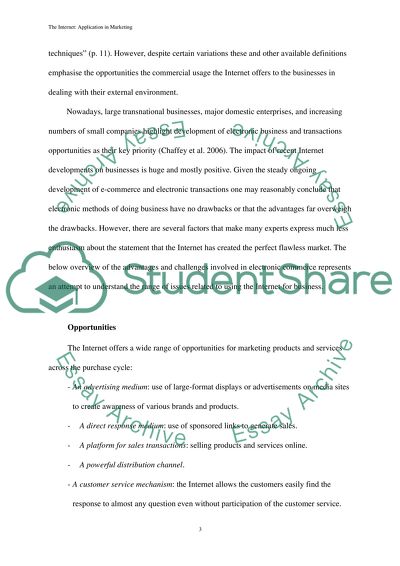Cite this document
(“The Internet: Application in Marketing Research Paper”, n.d.)
The Internet: Application in Marketing Research Paper. Retrieved from https://studentshare.org/e-commerce/1505331-e-marketing-essay
The Internet: Application in Marketing Research Paper. Retrieved from https://studentshare.org/e-commerce/1505331-e-marketing-essay
(The Internet: Application in Marketing Research Paper)
The Internet: Application in Marketing Research Paper. https://studentshare.org/e-commerce/1505331-e-marketing-essay.
The Internet: Application in Marketing Research Paper. https://studentshare.org/e-commerce/1505331-e-marketing-essay.
“The Internet: Application in Marketing Research Paper”, n.d. https://studentshare.org/e-commerce/1505331-e-marketing-essay.


